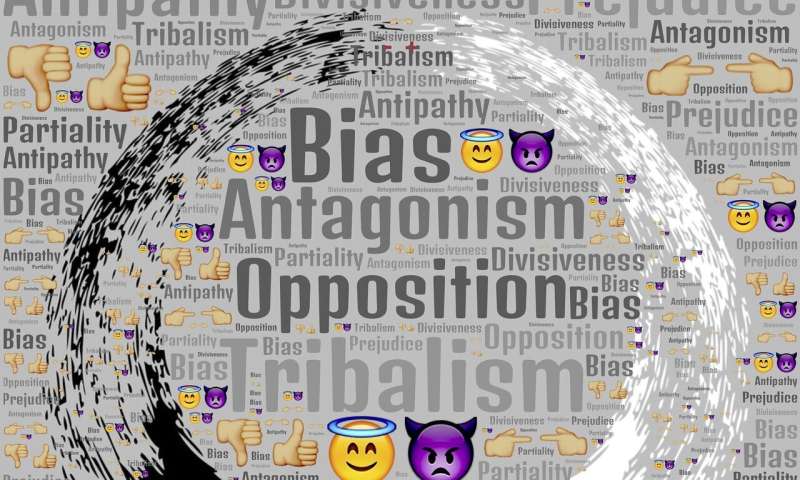How to overcome racial bias in healthcare systems

Research studies show that Black patients can be subjected to wait times 30% longer than other patients at doctors' offices and other healthcare facilities, leaving little doubt about the biased nature of healthcare scheduling systems. New research in the INFORMS journal Manufacturing & Service Operations Management has identified factors that contribute to this racial disparity and found ways to create parity among all patients.
The study, "Overbooked and Overlooked: Machine Learning and Racial Bias in Medical Appointment Scheduling," was conducted by Michele Samorani, Santa Clara University, alongside Shannon Harris of Virginia Commonwealth University, Haibing Lu and Michael Santoro also from Santa Clara University, and Linda Goler Blount from Black Women's Health Imperative.
This solution has been dubbed "race-aware" and accounts for the fact that the racial group with the highest chance of not showing up is typically scheduled in undesirable slots, and therefore wait longer. "We found that if clinics decrease the wait time of the racial group expected to wait longer, they nearly eradicate the unintended racial disparity, and do so without negatively affecting the clinic efficiency," say Samorani, an assistant professor in the Leavey School of Business at Santa Clara University.
Some reaction to this method may be that patients who typically show will be penalized. "It's a rare win-win-win situation," say Harris, assistant professor in the VCU School of Business. "Currently, these scheduling systems are penalizing Black patients for not showing up based on socioeconomic issues that are out of their control. Disparities are present across many areas and cause a ripple effect for underrepresented groups. For example, due to transportation issues, Black patients cannot always reach their appointments, meaning they get scheduled in overbooked slots and wait longer. But is it really their fault? Is the system flawed?"
This work can be applied to other disparities where two distinct groups are defined, such as in cases of gender, religion or socioeconomic status.
More information: Michele Samorani et al, Overbooked and Overlooked: Machine Learning and Racial Bias in Medical Appointment Scheduling, Manufacturing & Service Operations Management (2021). DOI: 10.1287/msom.2021.0999




















